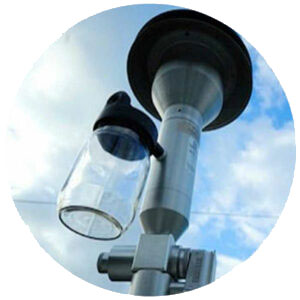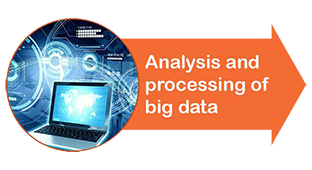EVEREST
dEsign enVironmEnt foR Extreme-Scale big data analyTics
on heterogeneous platforms
dEsign enVironmEnt foR Extreme-Scale big data analyTics on heterogeneous platforms
IT / EN
TARGET
The main target is the creation of a hardware and software infrastructure dedicated to the analysis and processing of “big data”, which increases computing efficiency and simplifies the development of heterogeneous and distributed architecture programs.
The design approach, based on the objectivity of numbers (“data driven”), uses artificial intelligence and hardware acceleration.
THE APPLICATION
The application developed from scratch during the project aims to support the forecasting of the production, use and marketing of renewable wind, solar and hydroelectric energy, reducing the risks linked to important events of rise and fall in market prices.
Duferco Energia’s objective was to develop an accurate energy forecasting system for the energy generated by a wind farm, to be programmed on the intraday and day-ahead markets.
This goal was achieved by combining the cutting-edge WRF meteorological model, enriched with data assimilation, and machine learning algorithms, exploiting the potential of the Everest environment.
See the Full Press Release.
The other scenarios of the EVEREST project include:





